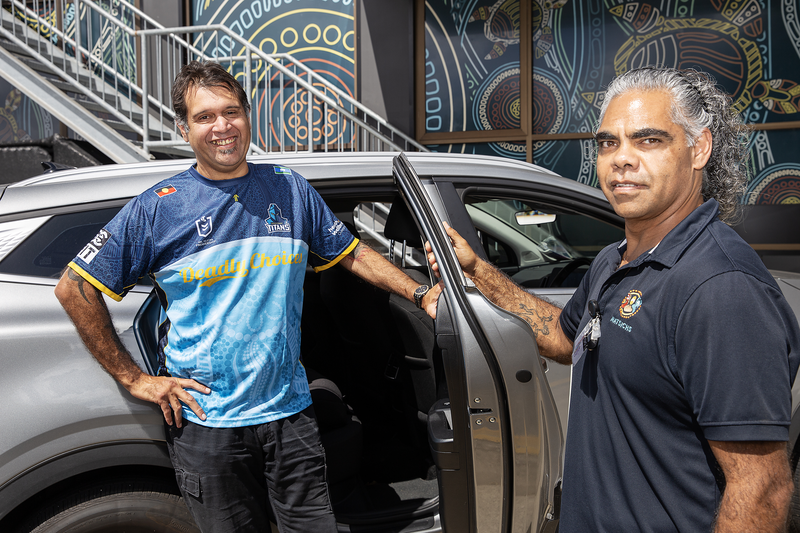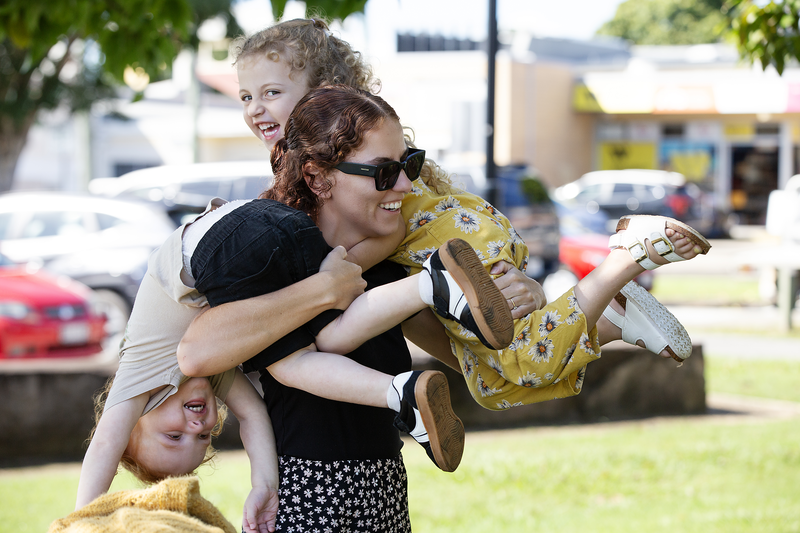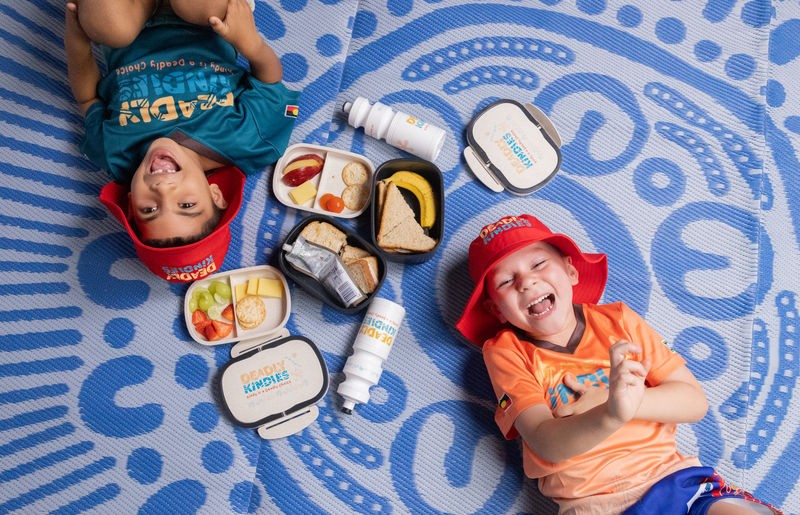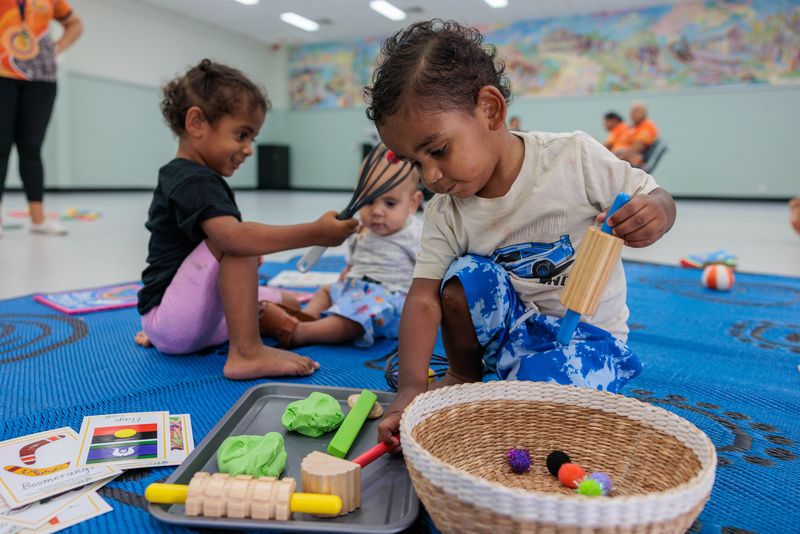

Pelvic pain
Moreton ATSICHS provides a culturally sensitive service for Aboriginal and Torres Strait Islander women experiencing pelvic pain delivered by an all-female team.
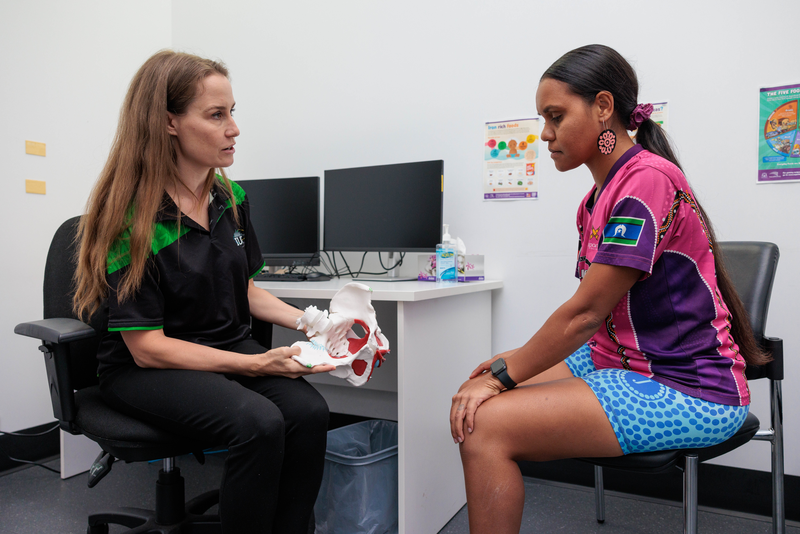

After puberty, some women get pelvic pain. It’s important to know what’s typical and what isn’t when it comes to pelvic pain. Moreton ATSICHS offers pelvic pain help for Mob.
What is typical period pain?
Typical period pain is often felt in the lower belly. It can also be felt in your lower back and down your legs. The pain usually starts just before, or on the first day of a period, and lasts a few days. The pain is generally manageable with over-the-counter painkillers.
For some of us, period pain can be more severe and can make it hard to do everyday things like going to school, work, social activities, and housework. If that sounds like you, there may be another cause for your pelvic pain.
What is persistent pelvic pain?
Persistent pelvic pain (PPP) is a term that describes pain that is felt on many days of the month for more than six months. Sometimes the pain is a symptom of other conditions, but it can also be a condition of its own.
PPP is experienced differently for each person and can be influenced by many things including specific health conditions, inflammation, hormones, pelvic muscles, bladder and bowel health, mental health, social and lifestyle factors to name a few! It can be a complex condition which is why it is so important to seek support early.
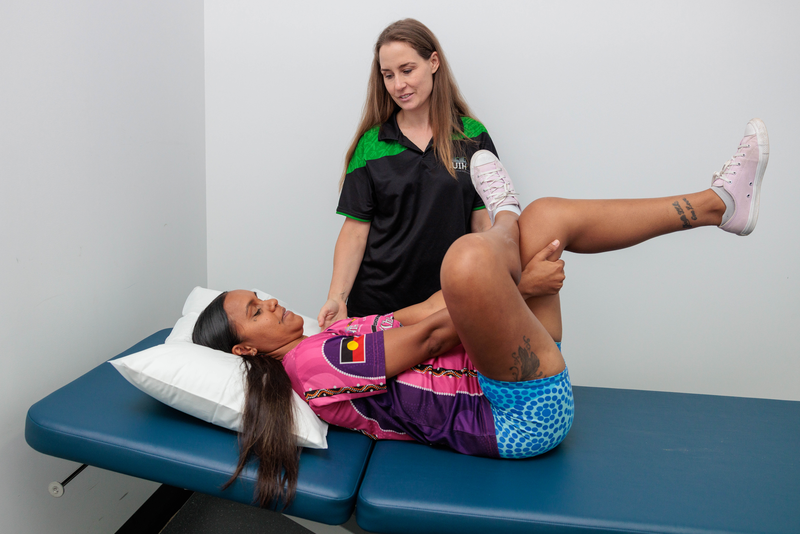
Can we support you?
- Does your period pain get so bad that it stops you from going to school or work, or generally going about your day?
- Does your period pain get so bad that even over-the-counter painkillers don’t help?
- When you have your period, is it painful when using your bowels or when your urinate?
- Does your period pain last more than a few days?
- Do you experience frequent pain in your pelvic area when you don’t have your period?
- Do you experience painful sex?
- Have you been diagnosed with endometriosis?
What happens at the clinic?
The first step in any journey is to have a yarn. There is no need to suffer silently with pain, heavy bleeding, or other pelvic pain issues, there are things we can do to support you.
Your care pathway will depend on what is going on for you. The Women’s Business nurse will meet you to listen and yarn about what’s going on and what you need.
Your assessment visit will be with an all-female team, including a doctor, physiotherapist, and psychologist who are specialised in women’s business. They will work with you on a plan and help set some goals. Next, you may meet with a dietitian, exercise physiologist, and/or a social worker to help manage the pain. Your doctor may refer you to a gynaecologist to provide further treatment.
Contact us now to make an appointment
The pelvic pain program is located at the Caboolture and Strathpine clinics.
To make an appointment, call 0461 378 348 or email us.
Clinics that offer
Pelvic Pain Services
Get in touch with one of our clinics below to book an appointment.
Caboolture
Including BiOC North Caboolture
21 King Street (entry via Armstrong Way)
Caboolture QLD 4510, Australia
Strathpine
496-498 Gympie Rd Strathpine QLD 4500
View map on the front end.
Explore Your Health
Find the right clinic for you
To improve the health and well-being of Aboriginal and Torres Strait Islander people in the Moreton Bay area.
View all clinic locations